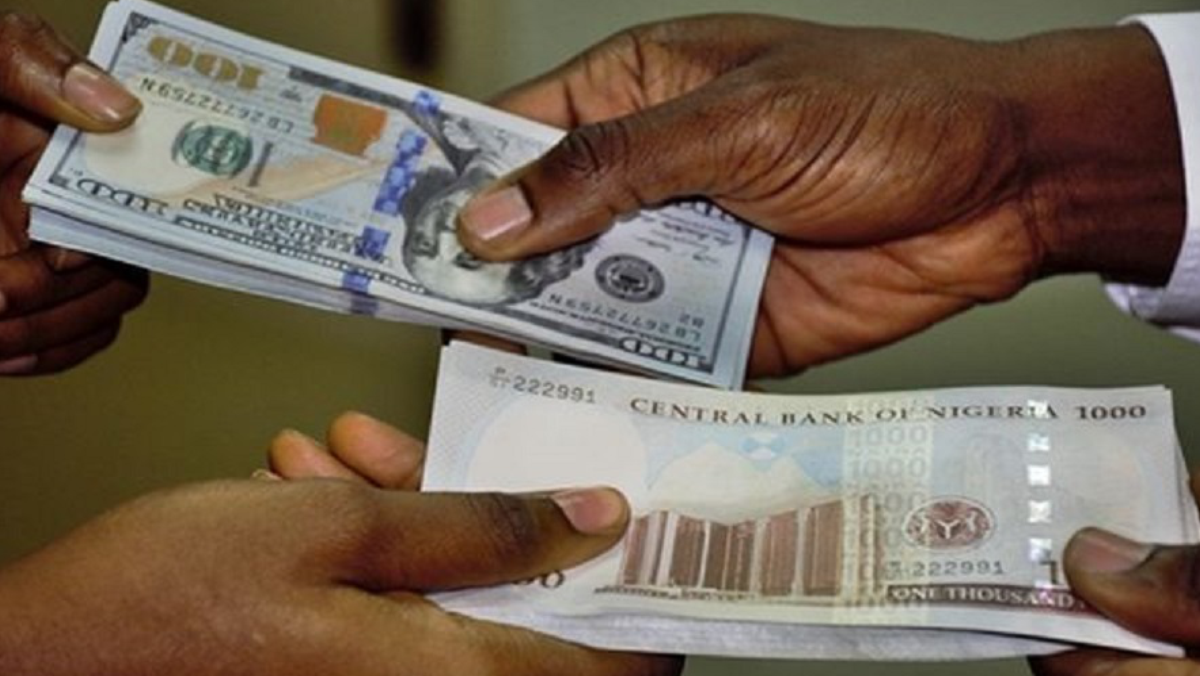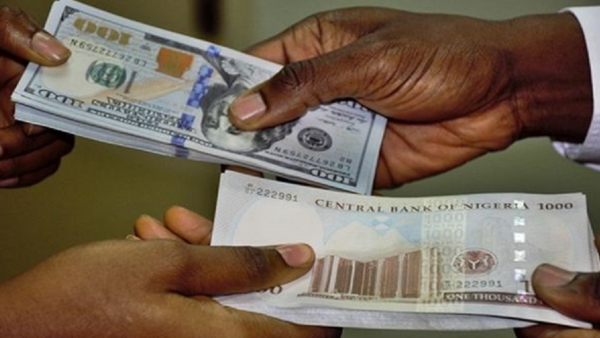In a surprise move, President Tinubu announced that he would remove fuel subsidies and unify the exchange rate. This is a major policy shift that has a significant impact on the Nigerian economy. The removal of fuel subsidies which took effect after he was sworn in led to an increase in the price of petrol. This has created a negative impact on the poor and middle class, who are the most reliant on public transportation. However, the government argues that the removal of subsidies is necessary to reduce the country’s budget deficit and to promote economic growth.
Read more about Business
On the other hand, the unification of the exchange rate, which President Tinubu announced last week, will also have a significant impact on the economy. It is expected to lead to a devaluation of the naira, making imports more expensive. This will likely lead to an increase in inflation. However, the government argues that the unification of the exchange rate is necessary to create a more efficient and transparent foreign exchange market.
The removal of fuel subsidies and the unification of the exchange rate are two of the most important economic policies that President Tinubu has announced so far. It remains to be seen how these policies will impact the Nigerian economy. However, it is clear that these policies are likely to have a significant impact on the lives of Nigerians.
Nigeria’s Exchange Rate Unification: What Are the Implications?
Nigeria has been operating a multiple exchange rate system for many years. This means that there are different exchange rates for different types of transactions. For example, there is one exchange rate for the official market, another for the parallel market, and yet another for the black market. This system has led to a number of problems, including:
- Inefficiency: The multiple XR system makes it difficult for businesses to operate and for the government to manage the economy.
- Corruption: The multiple XR system creates opportunities for corruption, as businesses and individuals can use the different rates to their advantage.
- Unfairness: The multiple XR system is unfair to businesses and individuals who are not able to access the official market rate.
However, there has been growing pressure on the Nigerian government to unify the exchange rate, especially from big business owners within Nigeria and foreign investors. This would mean that there would be only one exchange rate for all transactions. The government has resisted this pressure, but it is now starting to look more likely that a unified exchange rate will be introduced in the near future.
There are a number of potential implications of unifying Nigeria’s exchange rate. Some of these implications are positive, while others are negative.
Sign up for the Connect Nigeria daily newsletter
Positive Implications
- Improved efficiency: A unified XR would make it easier for businesses to operate and for the government to manage the economy. This would lead to increased economic growth and development.
- Reduced corruption: A unified XR would reduce opportunities for corruption. This would make the Nigerian economy more transparent and accountable.
- Fairness: A unified XR would be fairer to businesses and individuals. Everyone would have access to the same exchange rate, regardless of their connections or influence.
Negative Implications
- Short-term pain: There may be some short-term pain associated with unifying the XR. For example, the price of goods and services may rise in the short term. However, these price increases are likely to be temporary.
- Resistance from vested interests: There may be resistance from vested interests, such as businesses that benefit from the multiple XR system. These businesses may try to lobby the government against unifying the XR.
- Uncertainty: There is some uncertainty about how a unified XR would be implemented. This uncertainty could lead to a slowdown in investment and economic growth.
Overall, the implications of unifying Nigeria’s exchange rate are positive. However, there may be some short-term pain associated with the reform. The government needs to carefully manage the transition to a unified exchange rate in order to minimize any negative impact.
Register to attend the CN Business Mixer
Conclusion
The unification of Nigeria’s exchange rate is a major policy shift that has the potential to have a significant impact on the Nigerian economy. There are both positive and negative implications associated with this reform. The government needs to carefully manage the transition to a unified exchange rate in order to minimize any negative impact.
Specifically, the government should:
- Provide assistance to the poor and middle class to help them cope with the increase in the price of petrol.
- Implement policies to mitigate the impact of the devaluation of the naira on inflation.
- Communicate effectively with the public about the reasons for the reform and the potential benefits.
By carefully managing the transition to a unified exchange rate, the government can help to ensure that this reform is a success.
Featured Image Source: Leadership News
Got a suggestion? Contact us: [email protected]


